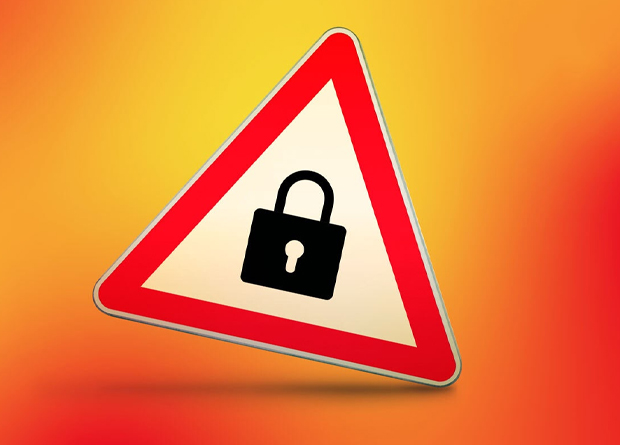As the prevalence of digital fraud attempts on businesses and consumers continues to rise, TransUnion’s newest quarterly analysis found that the Philippines bucked the wider global trend and had a drop of 59.4% in the rate of suspected digital fraud attempts when comparing Q2 2021 to Q2 2020. Globally, the rate rose 16.5% across industries during the same time period.
The industries with the largest declines in suspected digital fraud originating from the Philippines during that timeframe were telecommunications (-98.7%), logistics (-71.1%), and financial services (-61.3%). These industries have been the most impacted in previous periods, illustrating how fraudsters shift their focus every few months, following the money where it is most profitable.
The sudden shift in focus of fraudsters is apparent in financial services. Global financial services online fraud attempt rates had risen 149% when comparing the first four months of 2021 and the last four months of 2020. But when comparing Q2 2021 and Q2 2020, the rate of suspected online financial services fraud attempts has still risen, but at a much lower rate of 18.8% globally.
TransUnion monitors digital fraud attempts reported by businesses in varied industries such as gambling, gaming, financial services, retail, and travel and leisure, among others. The conclusions are based on intelligence from billions of transactions and more than 40,000 websites and apps contained in its flagship identity proofing, risk-based authentication and fraud analytics solution suite – TransUnion TruValidate.
“Among all the markets that our research covered, the Philippines recorded the second biggest decline in the rate of suspected digital fraud originating from that country, next only to Brazil. It is possible fraudsters have recognized the fraud controls our customers have after experiencing them first-hand and have gone elsewhere for the time being. However, constant vigilance is still warranted as we’ll likely see them again in industries where transactions are increasing,” said Pia Arellano, president and CEO at TransUnion Philippines.
Fraudsters are re-focusing their efforts
There’s simply no time for complacency as certain sectors still observe an uplift in attacks. Gaming, and travel and leisure were the two most impacted industries globally for the suspected digital fraud attempt rate, rising 393.0% and 155.9% when comparing Q2 2021 to Q2 2020, respectively. In the Philippines, this rate rose 51.4% for gaming and 198.5% for travel and leisure during those same timeframes.
In the travel and leisure industry, the top type of fraud globally is credit card fraud. This happens when a customer uses a fake or stolen credit card for a purchase, resulting in a chargeback to the site. In communities, profile misrepresentation is the top fraud type, wherein a user posts inaccurate information in their profile and/or uses bogus profile photos. Meanwhile, the global gaming industry is plagued by gold farming, a practice wherein a user sells in-game assets/currency for real-world cash – an act that violates game rules.
More than one-third of consumers continue to be targeted by COVID-19-related digital fraud
As online fraud attempts against businesses continue to escalate, one in three consumers stated that they have been targeted by a digital fraud scheme related to COVID-19 during the second quarter of 2021. TransUnion’s Consumer Pulse study in June 2021 found that approximately 36% of global survey respondents said they were targeted by fraudsters in COVID-19-related digital schemes. Almost half (48%) of Philippine respondents said they were targeted.
Phishing is the No. 1 type of COVID-19-related digital fraud impacting global consumers in Q2 2021. Among global consumers who say they were targeted with COVID-19-related digital fraud, 33% state they have been targeted by or fallen victim to such fraud. Stolen credit card or fraudulent charges was the second most cited type of COVID-19-related online fraud among those targeted, affecting global consumers at 24%. Phishing was also No. 1 in the Philippines at 40% followed by third-party seller scams on legitimate online retail websites at 29%.
“One in three people globally have been targeted by or fallen victim to digital fraud during the pandemic, placing even more pressure on businesses to ensure their customers are confident in transacting with them,” said Arellano. “As fraudsters continue to target consumers, it’s incumbent on businesses to do all that they can to ensure their customers have an appropriate level of security to trust their transaction is safe all while having a friction-right experience to avoid shopping cart abandonment.”
















































































































